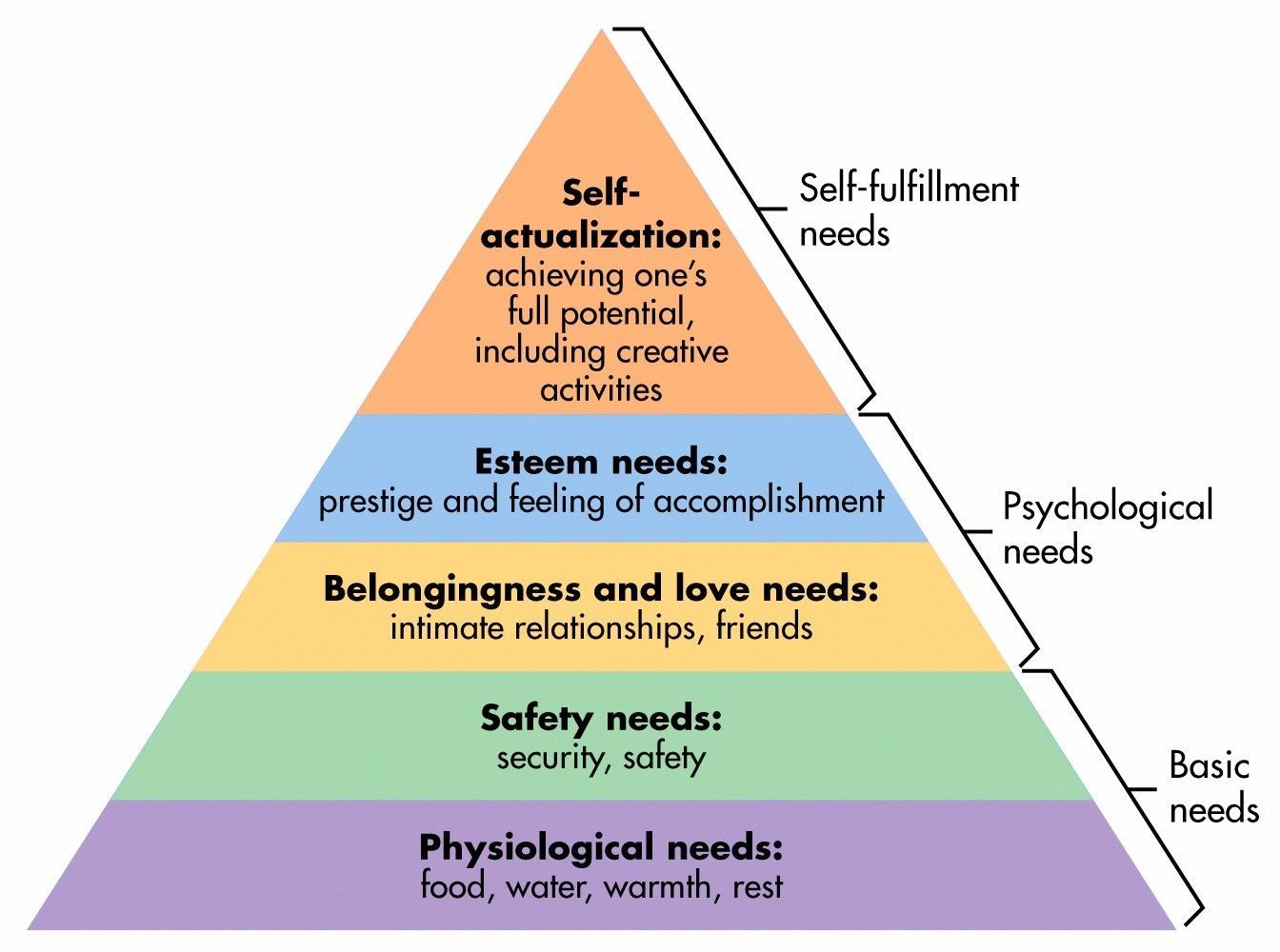Nonviolent Communication (NVC)

A book by Dr. Marshall Rosenberg
Nonviolent Communication: A Language of Life
5,000,000 COPIES SOLD WORLDWIDE • TRANSLATED IN MORE THAN 35 LANGUAGESWhat is Violent Communication? If “violent” means acting in ways that result in hurt or harm, then much of how we communicate—judging others, bullying, having racial bias, blaming, finger pointing, discriminating, speaking without…
What is NVC?
It's a static language focused on observing before evaluating.
NVC creates a peaceful state of mind to focus on what we really want rather than on what is wrong with us or others.
What is the Purpose of NVC?
Help us connect with ourselves and others and create quality connections with each other.
How to NVC?
There are four main components to the NVC model.
- Observation: What do you observe? Without any evaluation or judgment.
- Feeling: What are the emotions you experienced because of that observation?
- Needs: What can make you have a better experience in life?
- Request: What do you need the other person to do to fulfill those needs?
Needs are Life in Action; Without Needs, we are Dead.
Express needs as requests, not as a demand
Listen for feelings in others Express needs in yourself
We can't be responsible for someone's feelings, but we are responsible for how we react to one another.
When we express our needs indirectly through the use of evaluation, and interpretation. Others hear criticism and then move into more defensive responses.
Needs are universal and not connected to someone doing something ( like the need of safty, love or connection).
Express your needs as Santa [Your needs are opportunity and gifts to others]
Using judgment to communicate our needs may get others to listen to our needs and values but from the reasons of Fear, guilt, or shame.
Depression: is judgemental dialog going on within us, then we become far from our needs.
Examples of negative needs:
- Money
- Approval
- Escape punishment
- Avoiding guilt
- Out of duty
💡
How to know the need behind what we do?
- Write down everything you do and don't want to do.
- Insert the word "I choose to..."
- Then I choose to do X because I want N
- That's the N (the need)
- Write down everything you do and don't want to do.
- Insert the word "I choose to..."
- Then I choose to do X because I want N
- That's the N (the need)
Incorrect ways to communicate our needs with each other
- Using judgment (good or bad).
- Compare our actions with others and vice versa.
- Denial of responsibility (I have to, or you make me feel guilty).
- Communicating requests as demands.
- Using punishment and rewards as a form of communication to motivate other people.
Human Basic Needs Hierarchy (Maslow Pyramid)

Requests vs. Needs?
Requests are a reference to a specific person doing a particular action. Needs refer to the life within us.
💡
How to make requests, not demands?
Observation + Feeling + Need + Request (Positive action language)
Observation + Feeling + Need + Request (Positive action language)
Be specific with your feelings and needs.
Request vs. Demands
Request can be defined based on our responses when the other person rejects our request. If we blame them and make them feel guilty, then it's a demand, not a request
Demand keys
- Deserve
- Should
- Must
💡
How to Motivate People: Ask Yourself the Following:
- What would we like the other person to do differently?
- What do we want their reason to do that thing differently?
- What would we like the other person to do differently?
- What do we want their reason to do that thing differently?
Separate observation from evaluating people's behavior.
Avoid Using never, ever, and always for exaggeration.
" I Feel" is always followed by an adjective, not with I, she, that, like, as if, or any noun.
Do things not because of an outside force. Always from the inside to live your life.
Emotional Liberation
Human emotions move between different stages.
Stage 1 is “emotional slavery,” in which we believe we are responsible for other people’s feelings.
Stage 2 is “the obnoxious stage,” in which we feel angry and no longer want to be responsible for others’ feelings.
Stage 3 is “emotional liberation,” in which we take full responsibility for our intentions and actions.
Emotional liberation means that also:
- We respond to others based on compassion, not fear, shame, or guilt.
- We don't suppress our own needs in response to others' needs.
- We believe it's a gift to others to hear our needs
- When we do what other wants, it's fulfilling to us.
Anger
Anger feeling is not the outcome of others' behaviors, its the missing of our needs that weren't met by someone else.
Anger is valuable to alert us that we have unmet needs. And we are thinking in a way which is unlikely to get those needs met.
🗨️
Remember
I'm angry because I need... Rather than I'm angry because they did...
I'm angry because I need... Rather than I'm angry because they did...
What to do when you feel angry?
- Stop and Do nothing.
- Identify the thoughts that make you angry.
- Connect to the needs behind any judgment you have.
- Open our mouths with the need that we want to be met and the feelings behind that.
People Fail to Hear Our Pain If We Keep Saying Blames!
🗨️
Exercise
Write a list of "I don't like people who are/doing X."
Write a list of "I don't like people who are/doing X."
Never Walk If You Can Dance!
Other Books To Read
Punished by Rewards
The basic strategy we use for raising children, teaching students, and managing workers can be summarized in six words: Do this and you’ll get that. We dangle goodies (from candy bars to sales commissions) in front of people in much the same way we train the family pet. Drawing on a wealth of psycho…
How to Make Yourself Miserable
A wonderful satire described as “a vital training manual”...full of hilarity!

